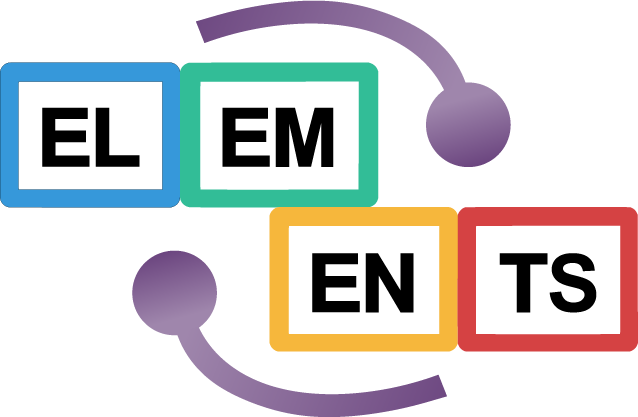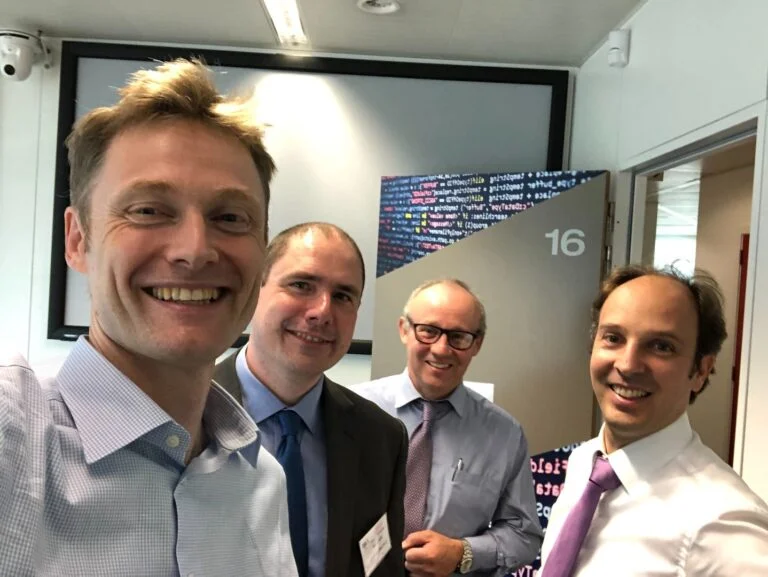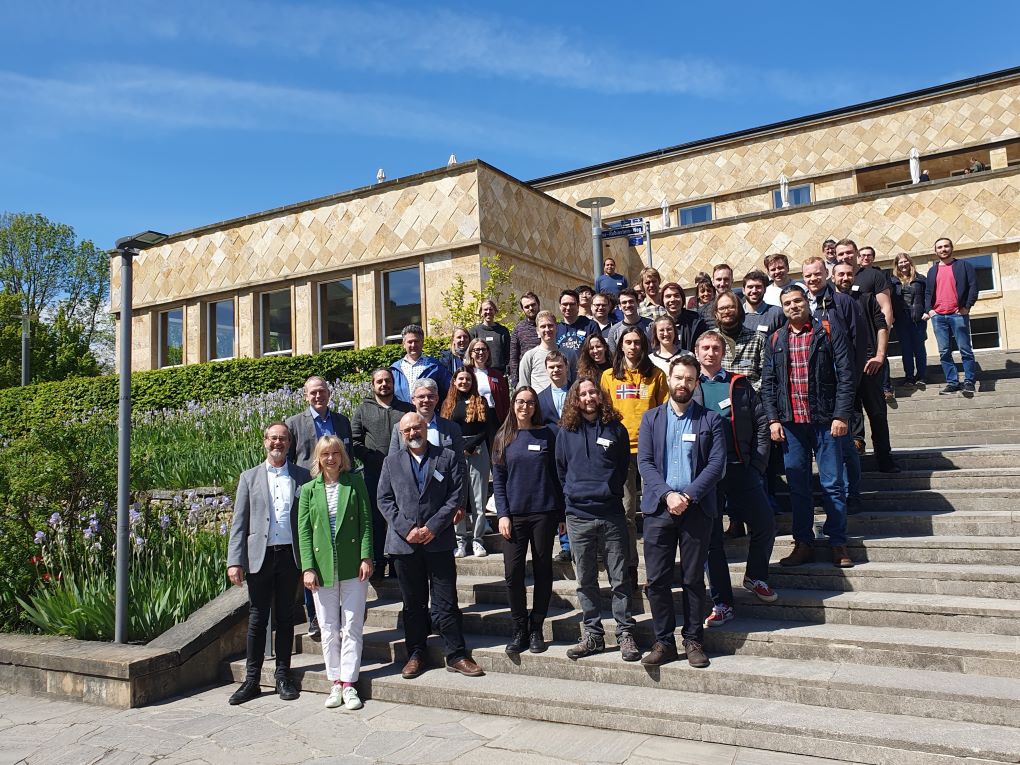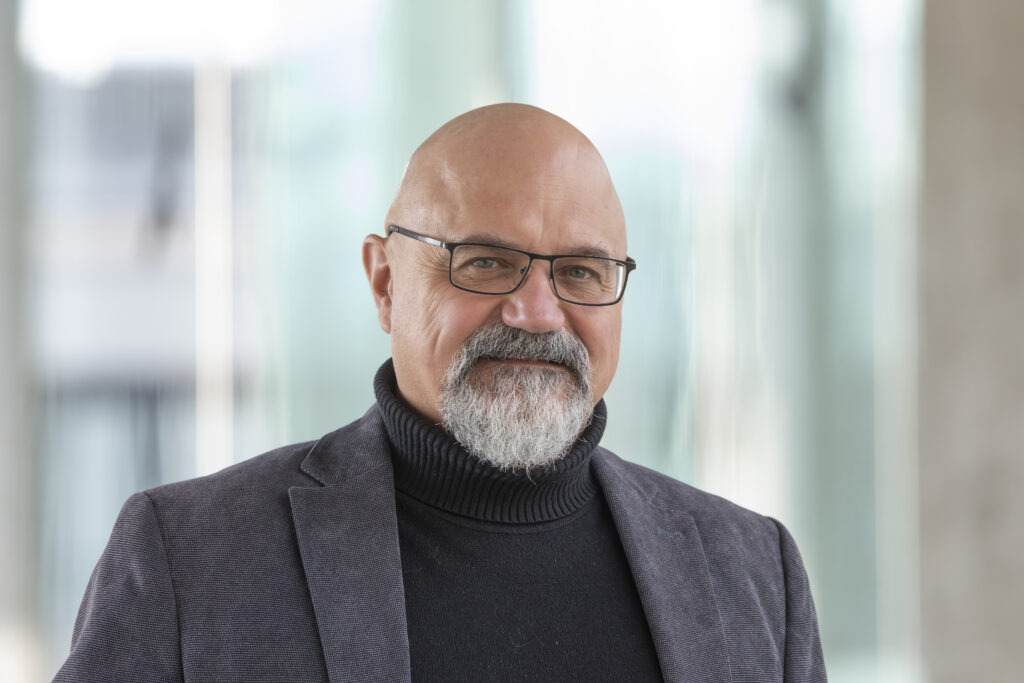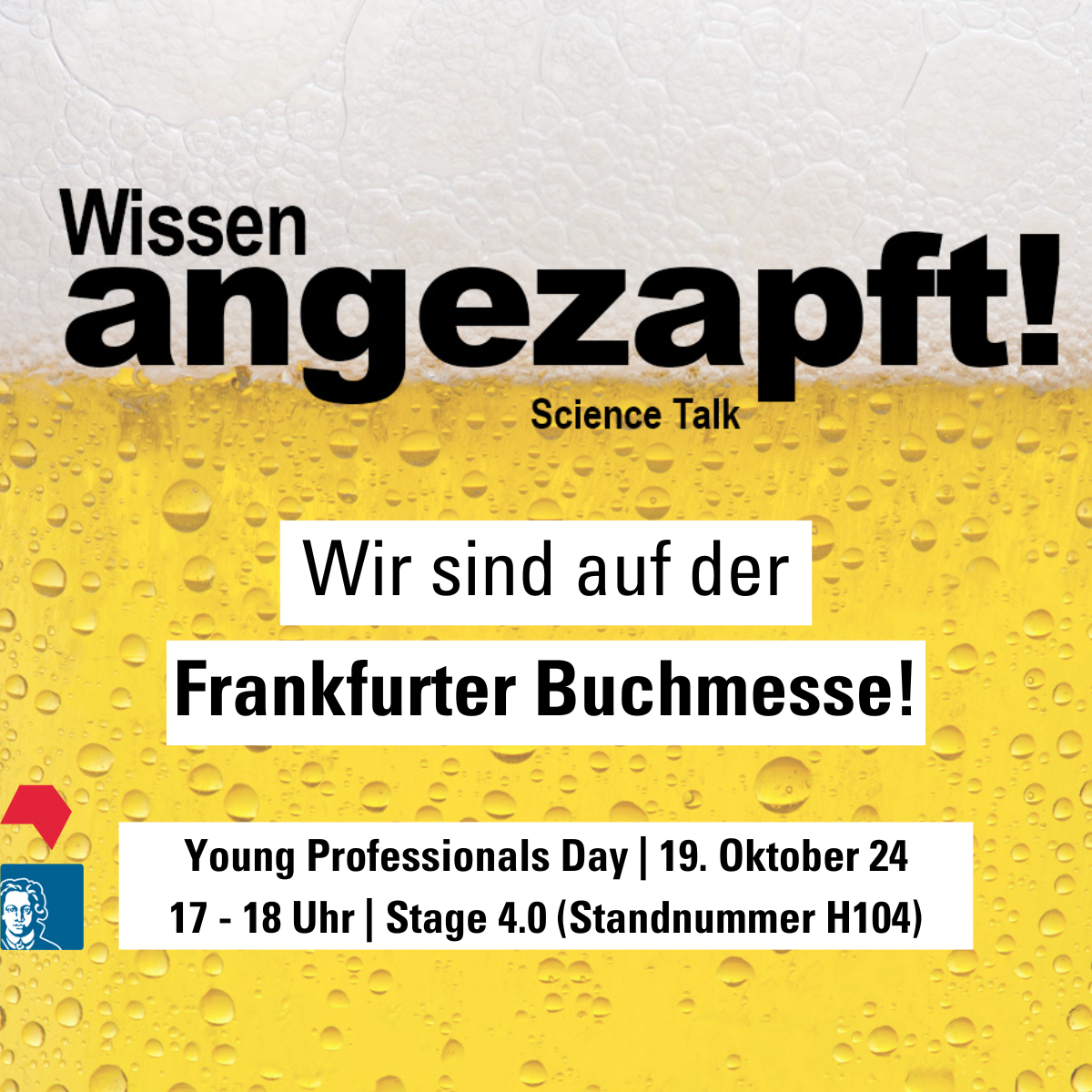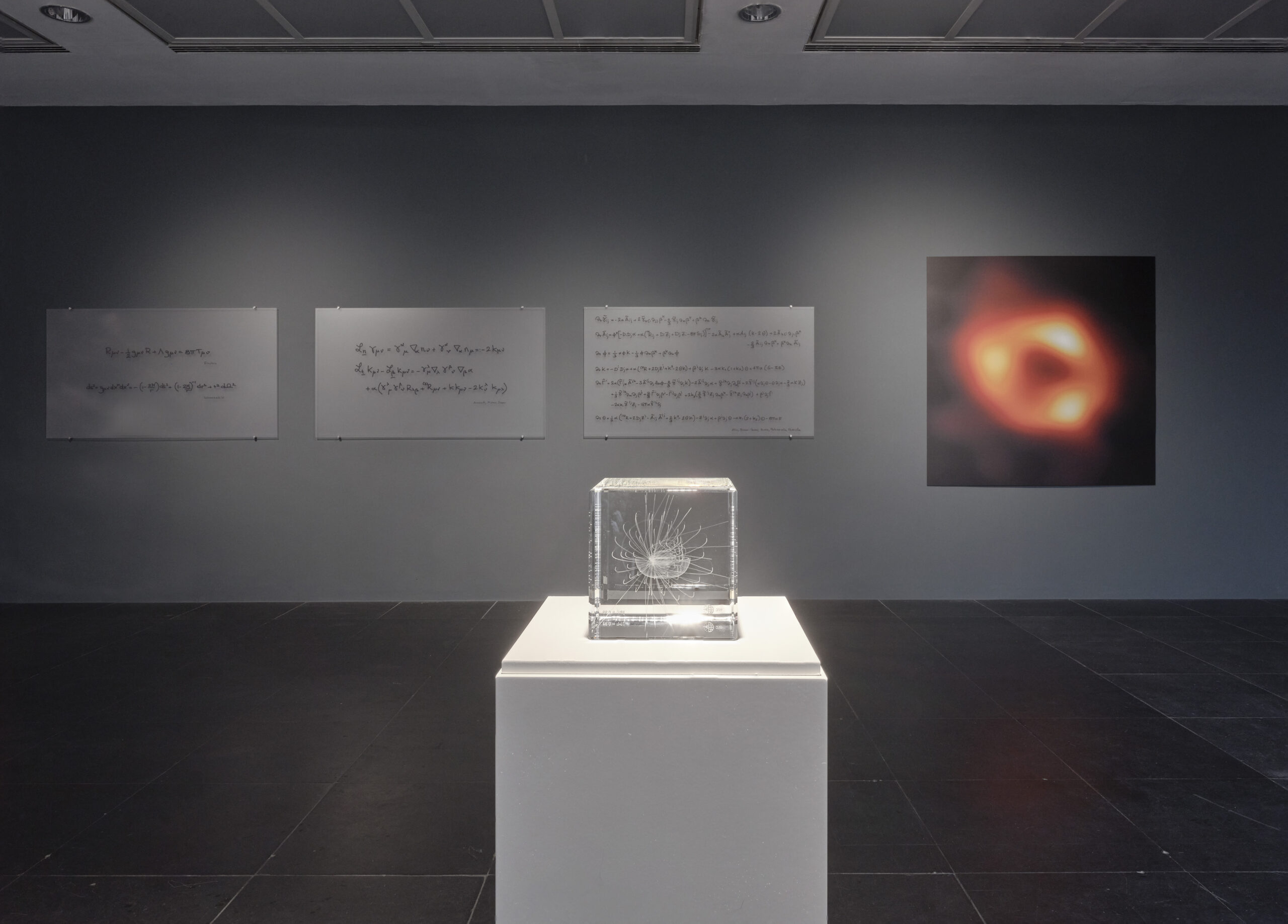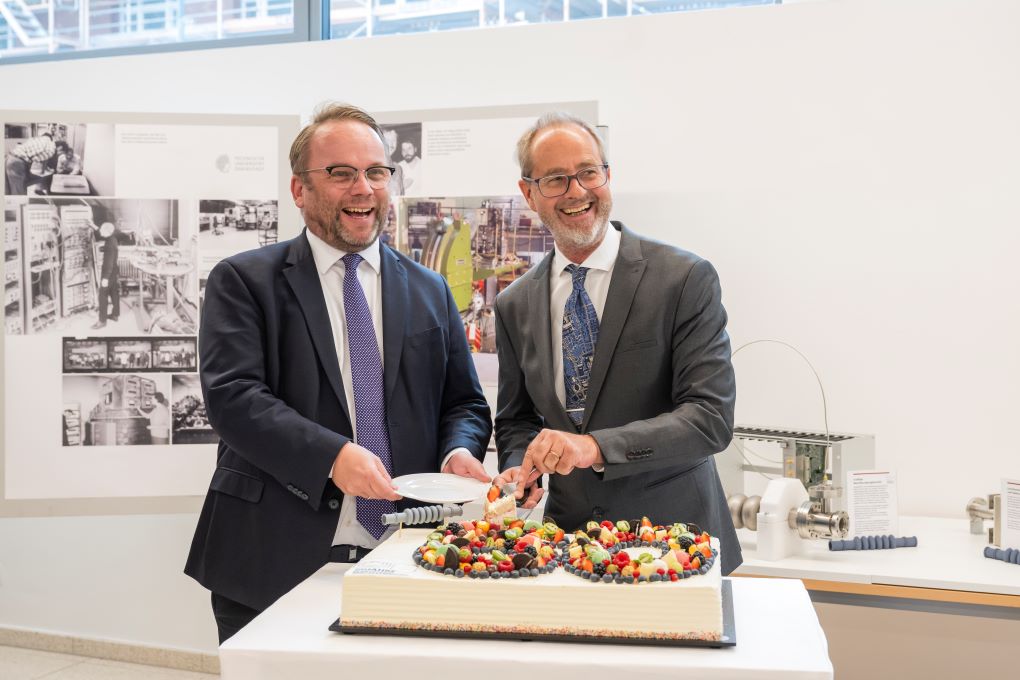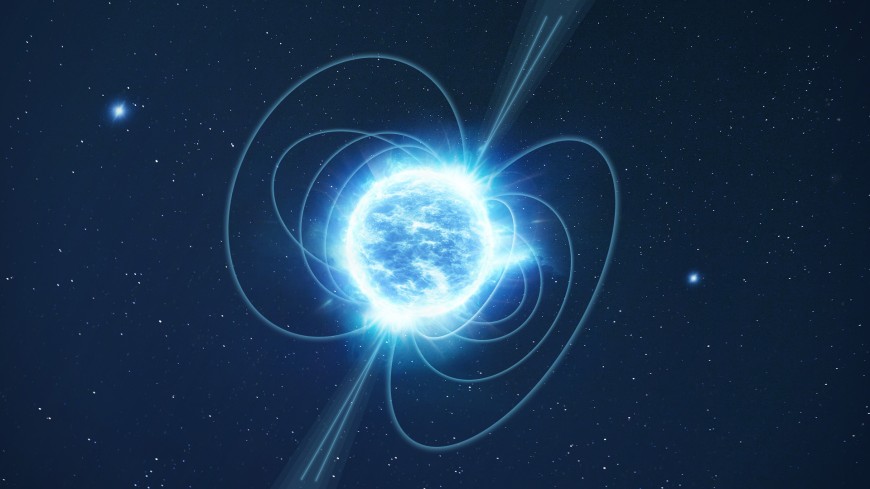The European Union has awarded a total of 11.3 million euros over a period of six years to the HEAVYMETAL research project, which aims to investigate the synthesis of chemical elements in neutron star mergers. ELEMENTS Principal Investigator Dr. Andreas Bauswein, a researcher in the Theory Department of the GSI Helmholtzzentrum für Schwerionenforschung in Darmstadt, is part of the four-member international team that receives the funding as part of an ERC Synergy Grant.
“Kilonova science is emerging as a new field in astrophysics, offering an enormous discovery potential for understanding neutron stars, the origin of the heavy elements in particular, the physics of exotic heavy nuclei, and the phases of hot, ultra-dense, and exotic matter”, Bauswein explains his research focus. “The increasing sensitivity of gravitational wave detectors, also providing improved sky localisations for follow-up observations, and the next generation of telescopes, means that we expect an abundance of new kilonovae observations in the coming years. I look forward to exploring the research field in the best possible way together with my colleagues within the framework of the ERC Synergy Grant.”
The research project HEAVYMETAL (How Neutron Star Mergers make Heavy Elements) aims to make a big step in explaining kilonova explosions by spectroscopically dissecting their emissions and connecting them quantitatively to the physical properties of the neutron star merger. In doing so, HEAVYMETAL will probe the origin of the heavy elements, and delineate the nuclear and astrophysical pathways that created them — the so-called “r-process”. The research team will try to decipher the details of the observed spectra and use that information to gain unprecedented insight into the physical processes of the neutron star merger.
HEAVYMETAL brings together experts from different fields related to kilonova research who, by working together, can exploit synergies in the ambitious goal of explaining element synthesis: Andreas Bauswein and his team at GSI/FAIR have a long and high impact track record in connecting advanced hydrodynamical simulations to r-process nucleosynthesis, kilonova modelling and the properties of high-density matter. Already in 2017, Bauswein succeeded in securing an ERC Starting Grant of 1.5 million euros with his project GreatMoves on the simulation of neutron star mergers. In addition to Bauswein, Professor Darach Watson, University of Copenhagen, Denmark, Professor Padraig Dunne, University College Dublin, Ireland, and Dr. Stuart Sim, Queen’s University, Belfast, UK, are also members of the research team funded by the ERC Synergy Grant.
Click here for further information.
